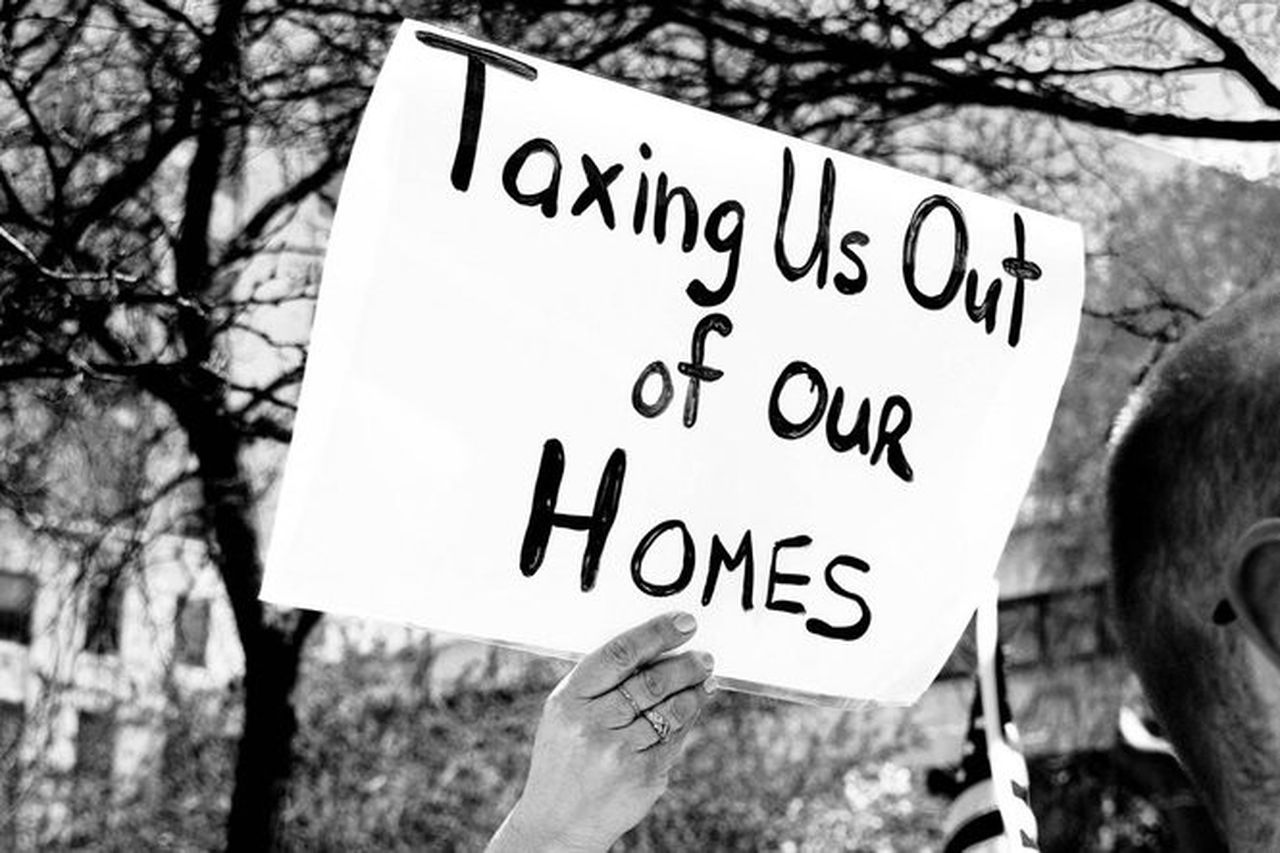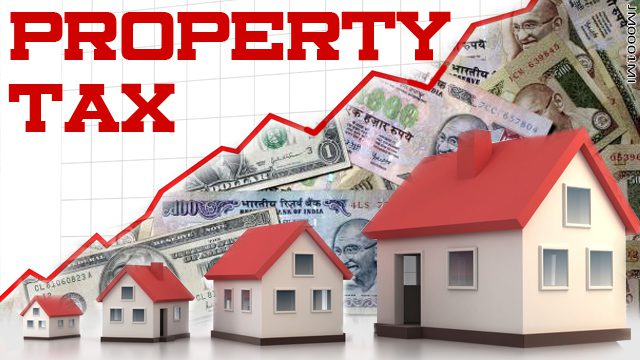As societies across the globe grapple with the challenges posed by an aging population, it is crucial to examine policies that promote the well-being and financial security of older adults. One area that deserves attention is property taxes, particularly the case for abolishing them for individuals aged 62 and older. By relieving seniors of this burden, we can foster economic stability, enhance retirement prospects, and acknowledge the valuable contributions older adults have made throughout their lives.
Financial Strains on Seniors
Property taxes, while a significant source of revenue for governments, can place an undue burden on older adults. Many seniors live on fixed incomes, relying primarily on pensions, Social Security, or limited retirement savings. As property values increase over time, the accompanying rise in property taxes can stretch seniors’ financial resources beyond their means. This can force them to make difficult choices between paying property taxes, meeting essential living expenses, or sacrificing other important aspects of their lives, such as healthcare or leisure activities.
Property Taxes and Homeownership
For many seniors, homeownership represents a culmination of years of hard work and financial stability. It is often their most significant asset and a symbol of their independence and personal accomplishment. By abolishing property taxes for seniors, we recognize the intrinsic value of homeownership and the security it provides, allowing older adults to age in place and maintain their dignity and autonomy.
Promoting Retirement Savings
The elimination of property taxes for seniors can also serve as an incentive for individuals approaching retirement to save more effectively. With the knowledge that they will not face increasing property tax burdens in their later years, individuals can allocate more funds towards retirement savings during their working lives. This proactive approach helps reduce the strain on public resources and ensures individuals are better prepared for their retirement years.
Boosting Local Economies
Contrary to concerns that eliminating property taxes for seniors would lead to decreased revenue for local governments, it is important to consider the potential economic benefits. By freeing up financial resources, seniors would have more disposable income to spend within their communities. This increased spending power can have a positive ripple effect, stimulating local businesses and creating jobs. Additionally, seniors who are relieved of property tax obligations may be more likely to invest in home maintenance, renovation projects, or local real estate, thereby further contributing to the local economy.
Social and Intergenerational Equity
Abolishing property taxes for seniors is an opportunity to address social and intergenerational equity concerns. Seniors who have paid taxes throughout their working lives have already made significant contributions to society. By granting them exemption from property taxes, we acknowledge and honor their past contributions while providing them with the financial security and stability they deserve in their later years.
Implementation and Funding Considerations
To ensure the feasibility of abolishing property taxes for seniors, governments should explore alternative revenue streams or adjustments to existing tax structures. Options such as increasing income taxes for high earners, implementing a progressive tax system, or redistributing tax burdens more equitably among the population could be considered. Moreover, jurisdictions can evaluate the potential long-term benefits of reduced healthcare and social service costs resulting from improved financial security among seniors.
Final Thoughts
In considering the case for abolishing property taxes for individuals aged 62 and older, we recognize the unique challenges faced by seniors and their contribution to society. By providing financial relief, promoting retirement savings, stimulating local economies, and addressing issues of social equity, we can ensure that our older population enjoys a dignified and secure retirement. The implementation of such a policy requires thoughtful consideration, collaboration, and creative solutions, but the benefits it can yield far outweigh the costs. Let us embrace this opportunity to foster a society that respects and supports its senior citizens.





